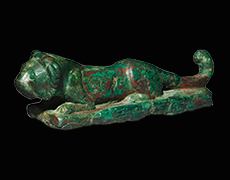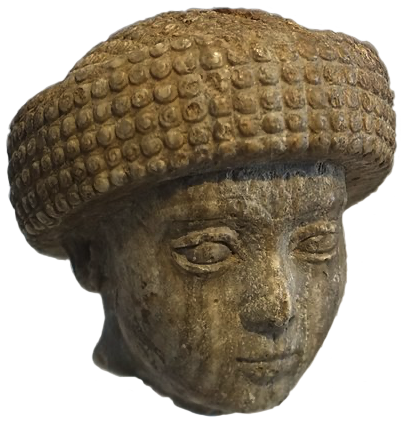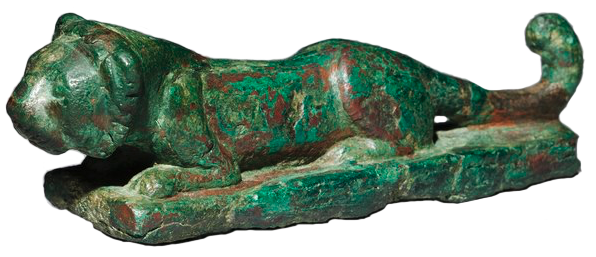
Festivals and rituals played a significant role in Sumerian religion and served as a way for the people to connect with their gods and maintain social order.
Akitu Festival
The New Year festival, also known as the Akitu Festival, was one of the most important celebrations in Sumerian religion. This festival was held at the beginning of the agricultural year, usually in March or April, and lasted for 11 days.
During the festival, the king was required to marry the goddess Inanna, symbolizing the renewal of the land and the king’s commitment to serving the gods.
The Akitu Festival was a time of renewal and was believed to bring good luck and prosperity to the land. It was a time for the people to purify themselves and make offerings to the gods.
The festival included a procession through the city, performances of music and dance, and the presentation of offerings to the gods.

Zagmuk Festival
Another important festival in Sumerian religion was the Zagmuk Festival, which was held in honor of the god Marduk. This festival was celebrated in December or January and lasted for 12 days.
During this festival, the king was required to renew his commitment to Marduk and the other gods.
The Zagmuk Festival was a time of renewal and was believed to bring good luck and prosperity to the land.

Other Rituals
In addition to festivals, Sumerian religion included a variety of other rituals, such as animal sacrifice, offerings of food and drink, and recitation of prayers and incantations.
These rituals were performed in temples and were carried out by priests and priestesses. They were believed to bring blessings from the gods and to maintain the balance of the natural world.

